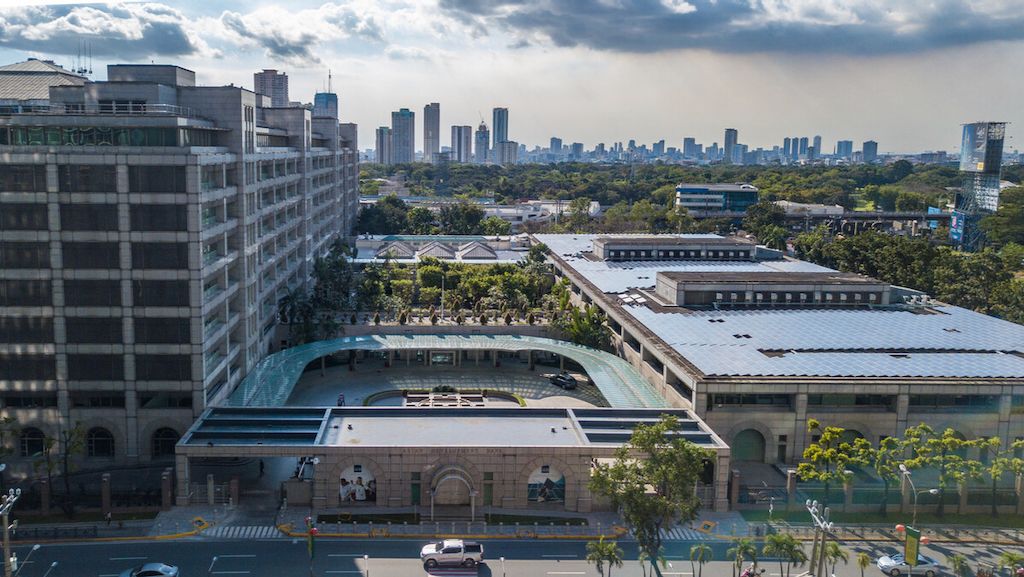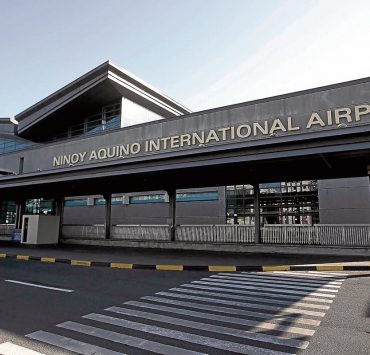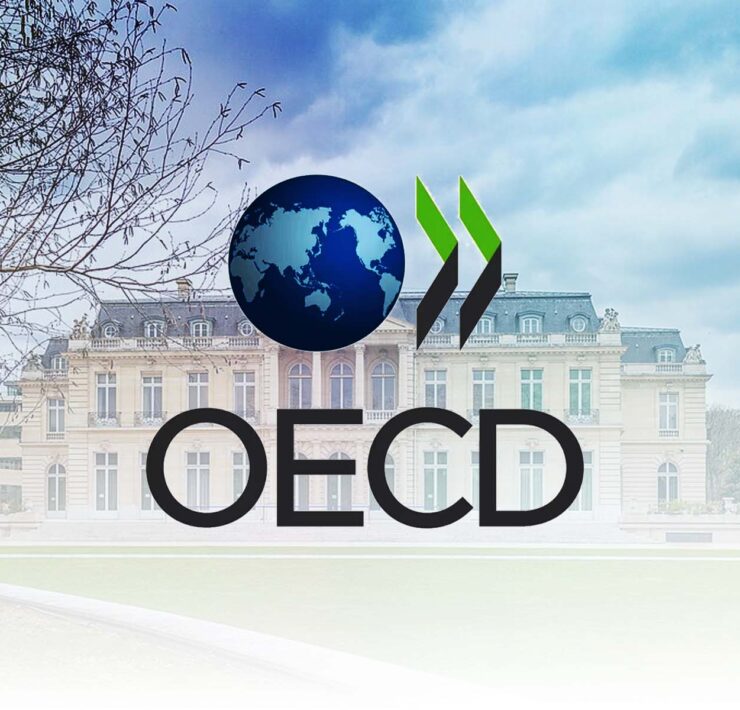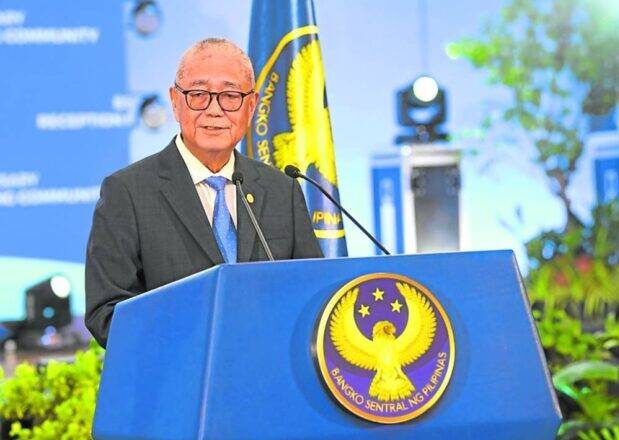ADB’s new PH plan seen helping reduce poverty

The Asian Development Bank’s (ADB) new country partnership strategy for the Philippines will support the Marcos administration’s efforts to lift millions of Filipinos out of poverty, according to the Department of Finance.
Finance Secretary Ralph Recto on Friday welcomed the launch of the lenders’s new tack for the country, describing it as a testament to ADB’s “deep understanding of our development needs in order to achieve our ultimate goal of lifting eight million more Filipinos out of poverty by the end of President Marcos Jr.’s term.”
As Finance Secretary, Recto also represents the Philippines at the ADB Board of Governors.
On Thursday, the Japan-led ADB turned over to the Philippine government its Country Partnership Strategy (CPS) for 2024 to 2029, highlighting its key focus areas such as strengthening human development, boosting economic competitiveness and quality infrastructure, and sustaining natural resources and ecosystems; and strengthening disaster resilience.
In a statement, the finance department noted that the new strategy was developed through rigorous consultations with the National Economic and Development Authority (Neda) as the lead implementing agency as well as the DOF, other government agencies, the private sector, and civil society.
In a separate statement, Neda said that the partnership will prioritize investments aimed at enhancing access to quality education and healthcare services, particularly for marginalized and low-income communities.
“The partnership will continue to support flagship social assistance programs, such as the Pantawid Pamilyang Pilipino Program (4Ps),” Neda said.
Shared success
The Philippines-based lender is Manila’s second-largest source of financing and top multilateral development partner among 19 official development assistance providers (ODA).
As of June, ADB’s total commitment to the Philippines stands at $8.84 billion, comprising 26 ODA loans and 29 grants.
This portfolio features the Bataan-Cavite Interlink Bridge, which is poised to become one of the world’s longest marine bridges. Additional major infrastructure projects include the Malolos-Clark Railway Project and the South Commuter Railway Project.
“I want to reaffirm ADB’s strong commitment to supporting the Philippines’ economic and social transformation through our new CPS,” ADB president Masatsugu Asakawa said.
“Building on our shared successes, I am confident that together we will achieve remarkable progress in this new chapter of our partnership,” Asakawa added.





















